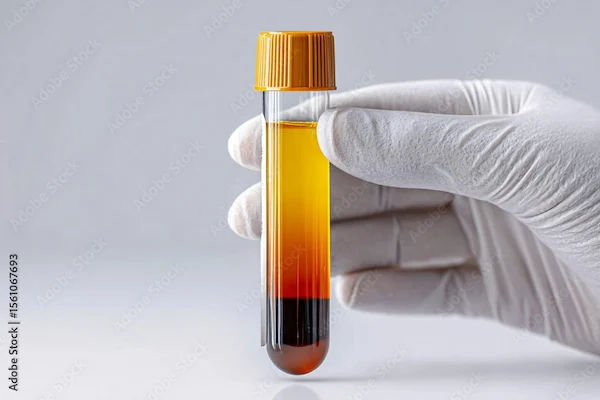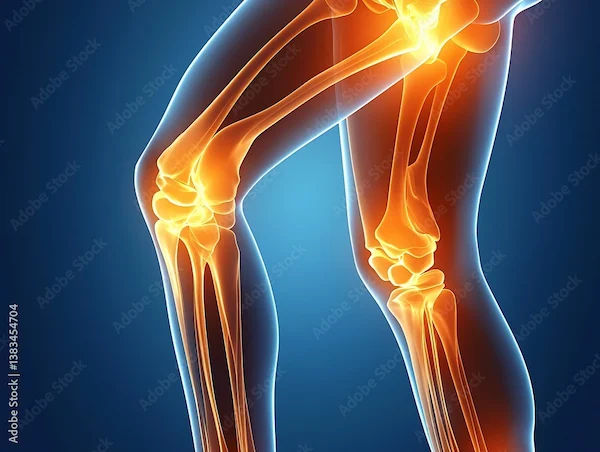Understanding Cytoreductive Surgery Techniques
Learn how cytoreductive surgery helps treat advanced cancers by removing tumors and improving the effectiveness of chemotherapy. Discover who qualifies, what to expect before and after surgery, and how to support recovery. Get expert insights on this life-extending treatment option.

Written by Dr. Dhankecha Mayank Dineshbhai
Reviewed by Dr. J T Hema Pratima MBBS
Last updated on 7th Aug, 2025

If you or a loved one has been diagnosed with cancer, you may have come across the term cytoreductive surgery. This specialized surgical procedure plays a crucial role in treating certain types of advanced cancers. In this article, we’ll break down what cytoreductive surgery is, how it works, and what you can expect before, during, and after the procedure—all in simple, easy-to-understand terms.
What is Cytoreductive Surgery?
Cytoreductive surgery (CRS) is a procedure performed to remove as much of a cancerous tumor as possible. It is often used in cases where cancer has spread within a specific area, such as the abdomen (peritoneal cavity). The goal is to reduce the tumor burden, making other treatments like chemotherapy or radiation more effective.
This surgery is commonly used for cancers like:
- Ovarian cancer
- Colorectal cancer
- Appendiceal cancer
- Mesothelioma
How Does Cytoreductive Surgery Work?
The procedure involves surgically removing visible tumors from affected organs and tissues. Depending on the extent of cancer spread, parts of organs like the intestines, liver, or spleen may need to be removed.
Key Techniques Used in CRS:
1. Peritonectomy: Removal of affected parts of the abdominal lining (peritoneum).
2. Organ Resection: Partial or complete removal of affected organs.
3. Hyperthermic Intraperitoneal Chemotherapy (HIPEC): Often combined with CRS, this involves washing the abdominal cavity with heated chemotherapy right after surgery to kill remaining cancer cells.
Who is a Candidate for Cytoreductive Surgery?
Not all patients with advanced cancer are eligible for CRS. Doctors consider factors such as:
- The type and stage of cancer
- Overall health and fitness for surgery
- Extent of cancer spread
Your oncologist will perform tests like CT scans, MRIs, or PET scans to determine if CRS is a suitable option.
Consult Top Doctors
What to Expect Before, During, and After Surgery
Here's a view on what should be your expectations before, during and after the surgery:
Before Surgery
- Medical Evaluation: Blood tests, imaging scans, and heart/lung function tests.
- Nutritional Support: A high-protein diet may be recommended to strengthen your body.
- Counseling: Understanding risks, benefits, and recovery expectations.
During Surgery
- The procedure can take several hours, depending on tumor spread.
- A team of specialists, including surgical oncologists, will perform the operation.
- In some cases, HIPEC is administered immediately after tumor removal.
After Surgery
- Hospital Stay: Typically 7–14 days, depending on recovery.
- Pain Management: Medications will be provided to keep you comfortable.
- Recovery Time: Full recovery may take 6–12 weeks, with gradual return to normal activities.
Benefits and Risks
Benefits:
- Prolongs survival in certain cancers.
- Improves quality of life by reducing tumor-related symptoms.
- Enhances effectiveness of chemotherapy.
Risks:
- Bleeding or infection
- Organ dysfunction (if parts are removed)
- Blood clots
- Slow recovery due to the complexity of surgery
Lifestyle and Recovery Tips
1. Follow Post-Op Instructions: Take medications as prescribed and attend follow-up visits.
2. Eat a Balanced Diet: Focus on protein, vitamins, and fluids to aid healing.
3. Gradual Physical Activity: Start with light walking and avoid heavy lifting.
4. Emotional Support: Seek counseling or support groups to cope with recovery.
When to Seek Help
Contact your doctor if you experience:
- High fever or chills
- Severe pain not relieved by medication
- Swelling, redness, or discharge from the incision site
Need Expert Advice?
If you have questions or want to explore treatment options, you can book a consultation with a specialist through Apollo 24|7. Early intervention can make a significant difference in your cancer journey.
Conclusion
Cytoreductive surgery is a powerful tool in fighting advanced cancers, especially when combined with other treatments like HIPEC. While it is a major procedure, it offers hope for improved survival and quality of life. If you or a loved one is considering this option, consult with an experienced surgical oncologist to discuss the best approach.
Consult Top Doctors
Consult Top Doctors

Dr. Amit Choraria
Surgical Oncologist
18 Years • MBBS, MS (Surgery) Fellow, Surgical Oncology, Tata Medical Center (FSO) Fellow, European Board of Surgery (Surgical Oncology) (FEBS) Fellow, Minimal Access Surgery (FMAS) Fellow, Indian Association of Gastrointestinal Endosurgeons (FIAGES) UICC Fellow, Royal Marsden NHS, London, UK Visiting Scholar, Plastic Reconstructive Surgery, CGMH, Taiwan Fellow, Robotic Surgical Oncology, Vattikuti Foundation, USA
Kolkata
Apollo Multispeciality Hospitals , Kolkata, Kolkata

Dr Bhawna Garg
Gynaecological Oncologist
26 Years • MBBS, MS, (PGI MS ROHTAK) FELLOWSHIP GYNECOLOGY ONCOLOGY, (CANCER INSTITUTE CHENNAI)
Delhi
Apollo Hospitals Indraprastha, Delhi

Dr. Renuka Chandran
Obstetrician and Gynaecologist
30 Years • MBBS, MD, DGO, Masters in Advanced Ultrasound in Obs & Gynea
Bangalore
Apollo Clinic Bellandur, Bangalore

Dr. Shruti I
Obstetrician and Gynaecologist
7 Years • MBBS, MS (OBSTETRICS & GYNAECOLOGY)
Bangalore
Apollo Clinic Bellandur, Bangalore

Dr. Rupam Manna
Radiation Specialist Oncologist
4 Years • MBBS MD(RADIO THERAPY)
Barasat
Diab-Eat-Ease, Barasat
Consult Top Doctors

Dr. Amit Choraria
Surgical Oncologist
18 Years • MBBS, MS (Surgery) Fellow, Surgical Oncology, Tata Medical Center (FSO) Fellow, European Board of Surgery (Surgical Oncology) (FEBS) Fellow, Minimal Access Surgery (FMAS) Fellow, Indian Association of Gastrointestinal Endosurgeons (FIAGES) UICC Fellow, Royal Marsden NHS, London, UK Visiting Scholar, Plastic Reconstructive Surgery, CGMH, Taiwan Fellow, Robotic Surgical Oncology, Vattikuti Foundation, USA
Kolkata
Apollo Multispeciality Hospitals , Kolkata, Kolkata

Dr Bhawna Garg
Gynaecological Oncologist
26 Years • MBBS, MS, (PGI MS ROHTAK) FELLOWSHIP GYNECOLOGY ONCOLOGY, (CANCER INSTITUTE CHENNAI)
Delhi
Apollo Hospitals Indraprastha, Delhi

Dr. Renuka Chandran
Obstetrician and Gynaecologist
30 Years • MBBS, MD, DGO, Masters in Advanced Ultrasound in Obs & Gynea
Bangalore
Apollo Clinic Bellandur, Bangalore

Dr. Shruti I
Obstetrician and Gynaecologist
7 Years • MBBS, MS (OBSTETRICS & GYNAECOLOGY)
Bangalore
Apollo Clinic Bellandur, Bangalore

Dr. Rupam Manna
Radiation Specialist Oncologist
4 Years • MBBS MD(RADIO THERAPY)
Barasat
Diab-Eat-Ease, Barasat




